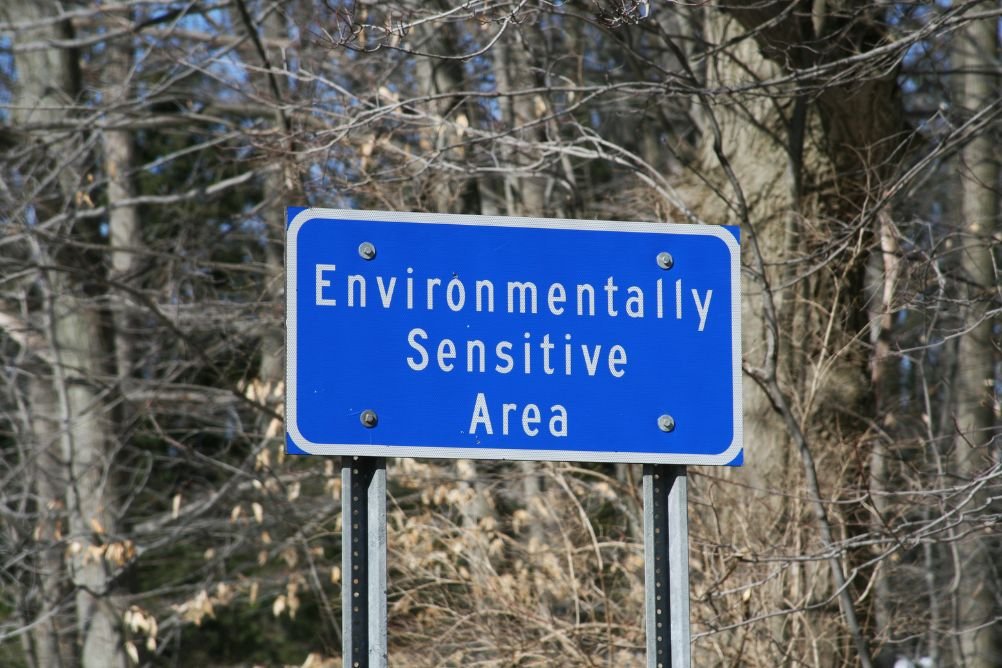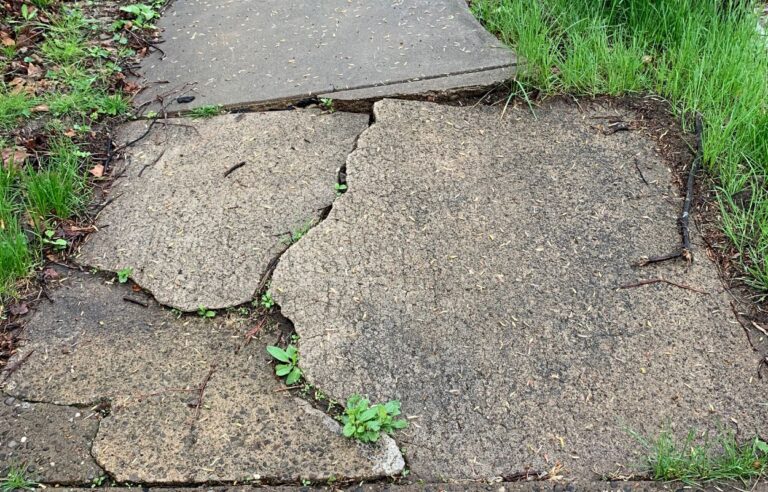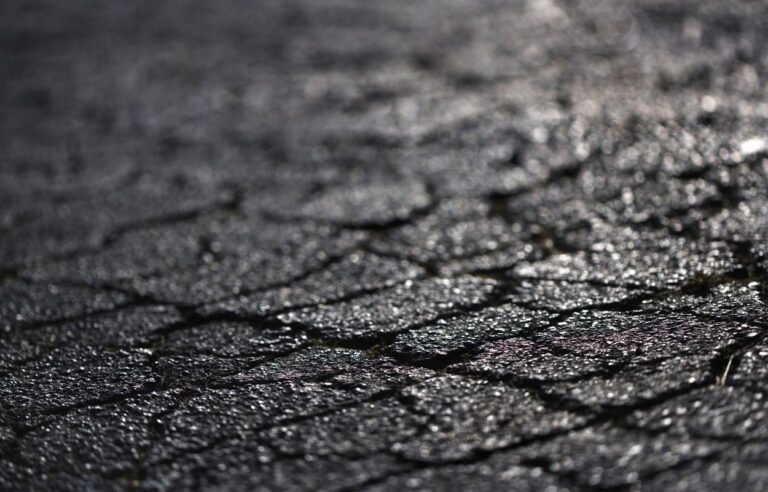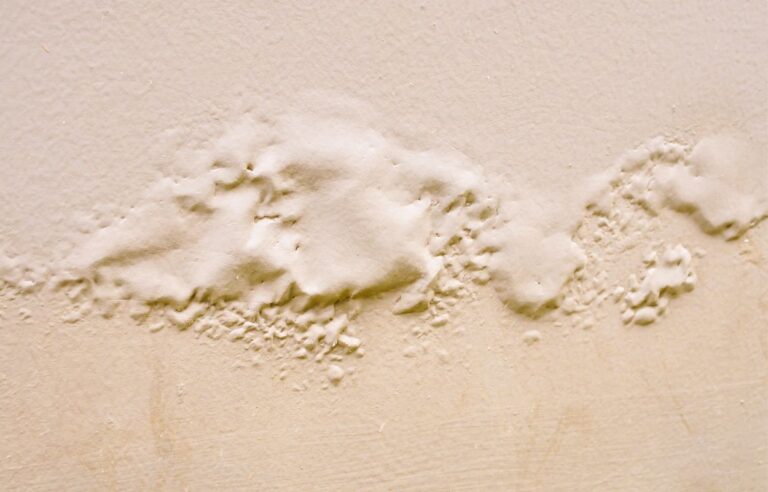
Selective demolition services are essential for delicate environments, such as historical buildings, hospitals, and schools, where preserving certain structures is crucial. Unlike traditional demolition, selective demolition requires finesse and expertise to ensure that only specific areas are dismantled while preserving the rest of the structure. In this blog post, we will explore the best practices for conducting selective demolition in sensitive environments. Hiring a professional for this task is of utmost importance to ensure safety, efficiency, and the preservation of valuable assets.
THOROUGH SITE ASSESSMENT
Before commencing any selective demolition project, a thorough site assessment is imperative. Professionals will inspect the structure, identify hazardous materials like asbestos, assess structural integrity, and determine the best approach for the project. This step is vital to minimize the risk of accidents and unexpected challenges during the demolition process.
DETAILED DEMOLITION PLAN
Creating a detailed demolition plan is essential for selective demo practices. The plan should outline the specific areas to be demolished, methods to be used, and safety protocols. Professional selective demolition services will ensure that the plan adheres to local regulations and environmental standards to avoid legal complications and environmental damage.
SPECIALIZED EQUIPMENT AND TECHNIQUES
In sensitive environments, standard demolition techniques may cause irreversible damage. Hiring professionals who utilize specialized equipment and techniques tailored to selective demolition is crucial. These experts are skilled in using advanced tools, such as robotic demolition machines, which offer precision and reduce the impact on adjacent structures.
SAFETY MEASURES AND COMPLIANCE
The safety of workers, occupants, and the surrounding environment is paramount in selective demolition projects. Hiring a professional ensures compliance with safety standards and regulations. Safety measures such as personal protective equipment (PPE), dust control, and debris containment are meticulously implemented to minimize hazards and ensure a secure worksite.
WASTE MANAGEMENT AND RECYCLING
Selective demolition generates significant waste, and disposing of it responsibly is vital. Professionals in the field are well-versed in waste management practices, including sorting and recycling materials wherever possible. This not only reduces environmental impact but also contributes to sustainability efforts.
PRESERVATION OF HISTORICAL AND VALUABLE ELEMENTS
In sensitive environments like historical buildings, preserving significant elements is essential for cultural and historical reasons. Professional selective demolition services understand the significance of maintaining architectural features and will employ techniques to safeguard them. This may include careful dismantling, documentation, and salvage of valuable materials.
When dealing with sensitive environments, opting for professional selective demolition services is a wise decision. Their expertise, coupled with a thorough site assessment, detailed demolition plans, and specialized equipment, ensures a safe and efficient process. Moreover, adhering to safety standards, responsible waste management, and preserving historical elements contribute to the project’s success.
In summary, selective demolition in sensitive environments is a delicate task that necessitates a blend of skill, experience, and professionalism. Hiring a qualified team ensures that the project is executed with utmost care, minimizing risks, and maximizing the preservation of valuable assets. So, the next time you encounter a selective demolition project, remember the importance of hiring professionals for the job!
